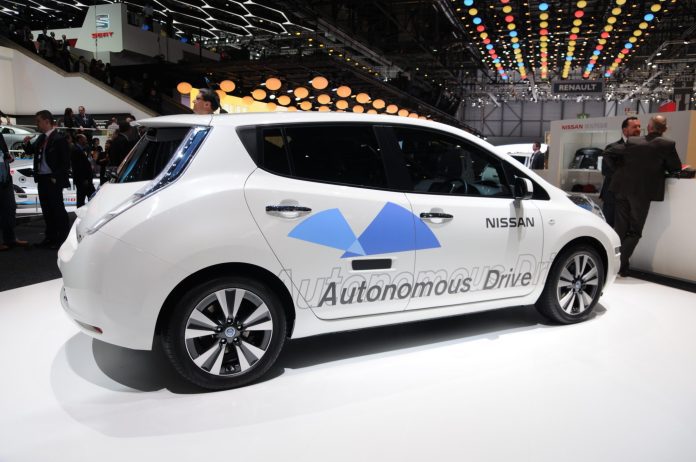The Japanese car maker will begin tests to develop autonomous vehicle technology for commercial services
Japanese car manufacturer Nissan announced a new technology called Seamless Autonomous Mobility (SAM), which partners in-vehicle artificial intelligence (AI) with human support to help an autonomous vehicle make decisions in unpredictable situations.
Nissan said that this technology, developed from NASA designs, could potentially enable millions of driverless cars to co-exist with human drivers in an accelerated timeline.
During a keynote at the 2017 Consumer Electronics Show (CES) in Las Vegas, Nevada, Nissan’s Chairman of the Board and CEO Carlos Ghosn announced Nissan and Japanese internet company DeNA will begin tests aimed at developing driverless vehicles for commercial services.
The executive confirmed that the first phase of testing will begin this year in designated zones in Japan, with a focus on technology development. By 2020, Nissan and DeNA plan to expand the scope of their tests to include the commercial usage of autonomous vehicle technology for mobility services in the Tokyo metropolitan area.
Ghosn also announced plans to launch a new Nissan LEAF vehicle, with ProPILOT technology, enabling autonomous drive functionality for single-lane highway driving. The Japanese company has already sold more than 250,000 LEAF electric cars worldwide since 2010. The executive confirmed the new version of the LEAF model will be released in the near future.
On connected cars, which combine Nissan Intelligent Driving and Nissan Intelligent Integration, Ghosn announced that the Renault-Nissan Alliance is continuing its partnership with Microsoft to build the next generation of connected car technologies. The keynote included a demonstration of how Microsoft’s personal assistant technology Cortana can make driving more efficient and seamless. Cortana is one of the technologies that the Renault-Nissan Alliance and Microsoft are exploring together.

